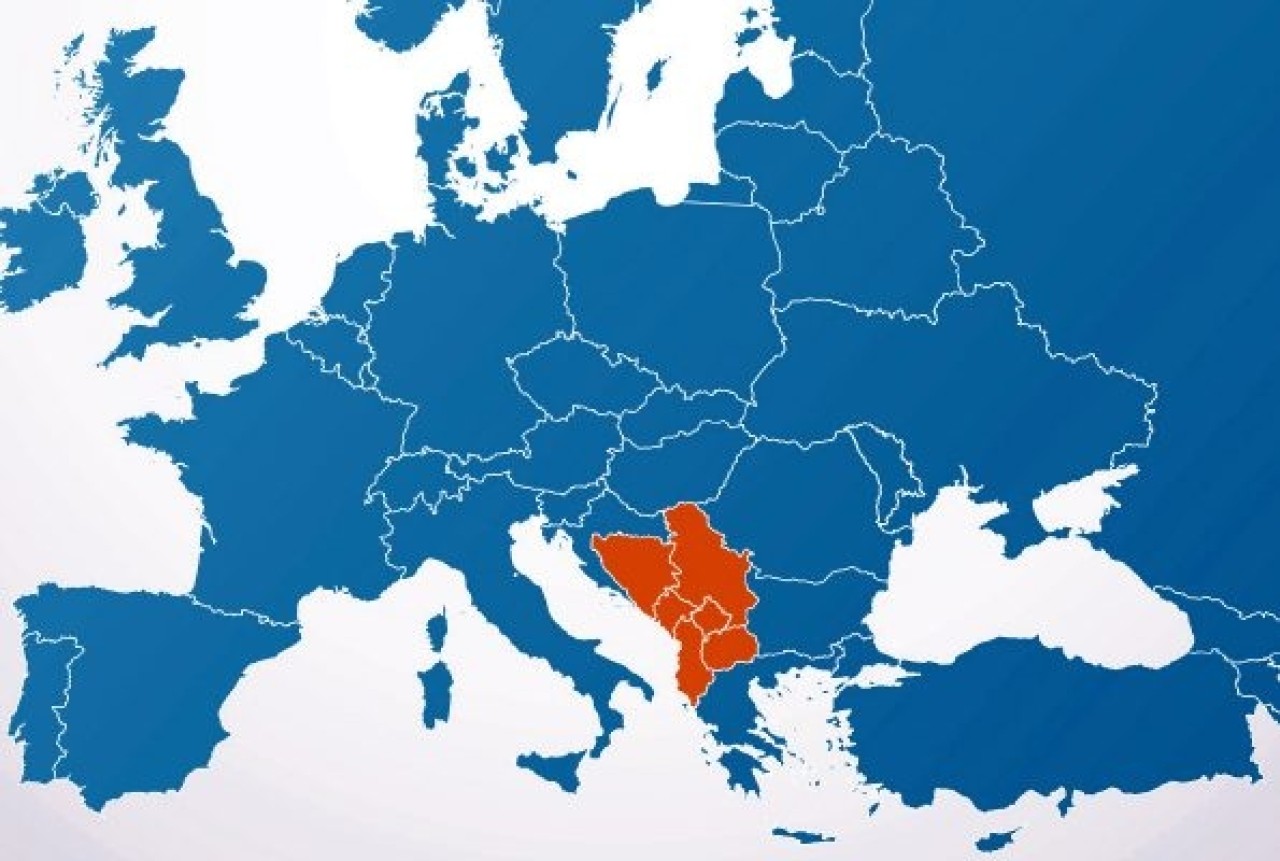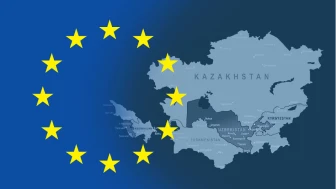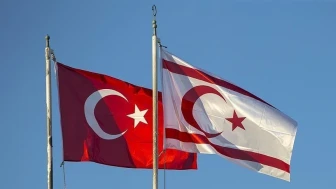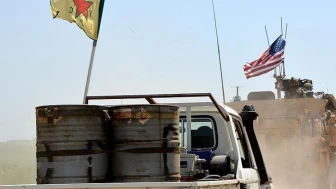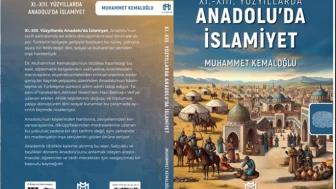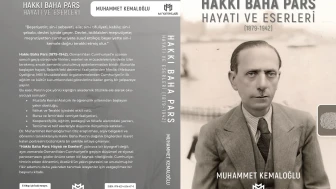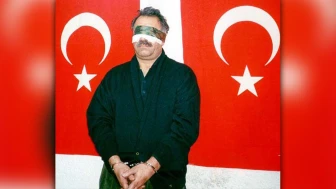Misafir Yazar : Marco Boccaletti
There are significant differences in the perspectives of the Italian and Turkish policies towards Balkans. Still there is a potential avenue for stability could be a collaborative engagement between Italy and Turkey in the Balkans, serving as counterbalancing forces.
Even though Austro-Hungarian Empire and Yugoslavia endeavoured to curb Italophone presence in the coastal part of Balkans, 20.000 of them are still registered between Slovenia and specially Croatia littoral cost due to the Venetian medieval colonization. It is not due only to fact that Italian governments have not taken them into consideration to use for its interests against Crotian and Slovenian internal politics, but to much more fundamental fact that the number of these communities decrease due to the migration movements. Italy should have used Italian minorities living in Balkans as a tool so as to have an important voice in the Balkan politics, wherein the final aim requires a safe near abroad for Italy.
In addition to the existing Italian minorities, Italy can assert presence of the Venetian architecture in the Western littoral cost of the Balkan Peninsula. Just as Germany had evidently influenced the Baltic cities since the Medieval period, the rooted Balkan cities such as Trieste and Kotor can be seen as the region, where the Italian historical presence is undeniable. Hence, Italy historically and politically may put a claim for the peninsula against the German influence, which has currently been at the empirical level. The past ethnic and religion-based clashes, each of which has abetted exclusive nationalism served to destabilize the region which has become open to the external interferences. However, the Italian and Turkish perceptions to the Balkans differ from each other.
Whereas the further thinks that the Balkans and implicitly the southern and eastern border of the Italian peninsula can be stabilized through economic and infrastructural investments, the latter goes beyond security perspective: Rather, Turkey utilizes its soft power (e.g. Ottoman TV series or public diplomacy) and material influence (e.g. military assistance, deployment of military advisors, selling the Turkish weapons)[1] to enhance its engagement into the Balkan politics, as well as wants to prevent the notion that the Balkan peoples feel isolated from the EU’s integration just because they have a strong collaboration with Turkey. Furthermore, these two-fold approaches espoused by the Turkish Foreign Policy became those countries more dependent on Turkey. The developments in the last three decades have pioneered TFP’s reengagement in its post-Ottoman zone. It was impossible to get involved in the Balkan politics without the Turkish military industrial complex and its increasing the military exports.[2] The fact that Italian policies in Balkans is superficial, naïve and economic induces that Turkey has gained more leverage in the region thanks to its cultural and material affiliations.
Even though the 60% of the Albanian population knows Italian, the only visit by which the Italian prime minister, Meloni, held in Albania in the August 2023 was to discuss about infrastructural investments and economic incentives such as enhancing the electric cable by Ancona to Kotor[3], building an aqueduct for taking Albanian water to south of Italy and improving Albanian railway system.[4] Conversely, Albania is building the first bigger mosque (Namazgah Camii) in all of the Balkan cities as a project supplied by Diyanet, Turkish-state based institution.
To conclude, it is obvious that there are significant differences in the perspectives of the Italian and Turkish policies towards Balkans. Despite that, Turkey and Italy, unlike the countries in Western Europe, have more options and opportunities to cooperate each other in the Balkan region. In a wider perspective the pacific and collaborative match between Italian and Turkish influence in which, even if with a different final purpose, share some same tasks like stabilization and economic profit from the near abroad destabilized area. With Italy as a junior partner of Turkey in accordance with the limited sacrifices is prone to do for arrive to that task.
In military terms, they may create a joint force capable to maintain the stability in the most fragile parts of Balkan area, since Turks and Italian both have a good reputation on the peninsula in which for example other external interference as Germans or Americans wouldn’t be welcome by the population.
In economic terms, Italian and Turkish government may create common infrastructure which put in communication the two countries, a fast trans Balkan railway by Istanbul to Milano that would be an alternative to the hight price of flight ticket in summertime and profitable for the countries that cross.
In cultural terms the valorisation of the Ottoman and Italian cultural heritage may be an alternative to the Americanisation and the German intention to deconstruction of the local Balkan identity.
[1]Daily Sabah, Albanian president approves military deal with Turkey, 04/08/2020 https://www.dailysabah.com/politics/diplomacy/albanian-president-approves-military-deal-with-turkey
[2] Limes, rivista di Geopolitica Italiana, Il secolo della Turchia? 09/02/2023, https://www.limesonline.com/sommari-rivista/la-guerra-continua-2
[3]Quale Energia.it, Cavo Italia-Montenegro, quale energia importeremo e a che costi?, 06/12/2019
https://www.qualenergia.it/articoli/cavo-italia-montenegro-quale-energia-importeremo-e-a-che-costi/
[4] Agenzia nova.com, Albanian Prime Minister Rama: "A friendship was born with Meloni, it is a concrete policy", https://www.agenzianova.com/en/news/the-Albanian-premier-rama-with-melons-and-a-friendship-and-a-concrete-policy-was-born/, 18/08/2023


